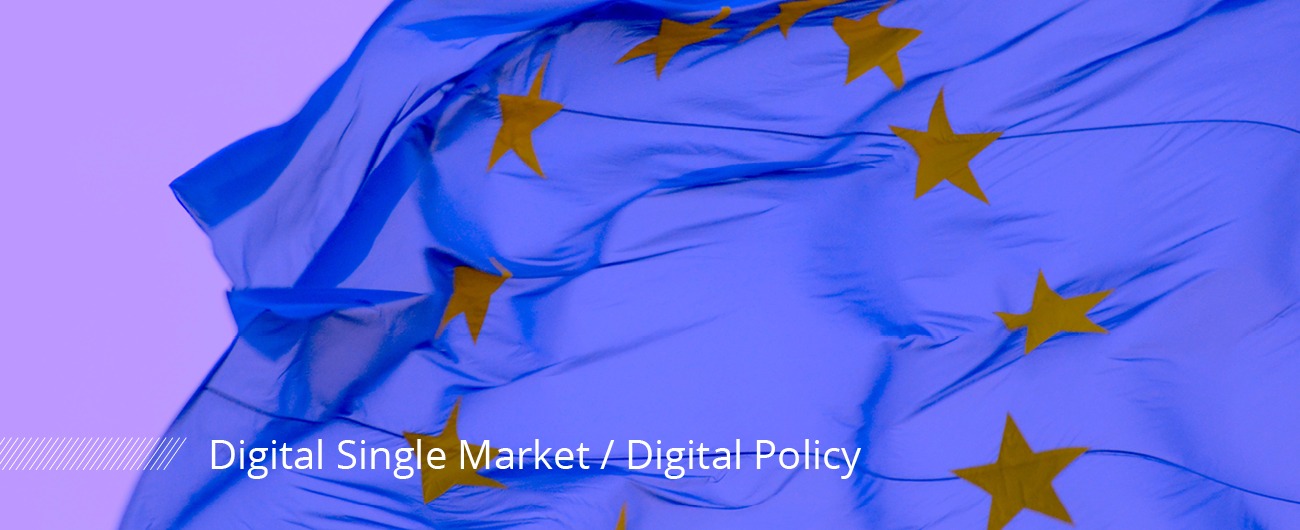
In December 2020, The European Commission proposed a legislative initiative, the Digital Services Act (DSA), to strengthen the single market and protect citizens and their rights. The DSA aims to set standard rules on obligations and accountability on intermediaries and across the single market.
Following the ordinary legislative procedure, the European Parliament and the Member States are currently discussing this regulation proposal. Once the procedure is done and the file is adopted, the rules will be directly applicable across the EU.
At the European Parliament, the file is being discussed in four associated committees: IMCO (Internal Market and Consumer Protection), LIBE (Civil Liberties, Justice and Home Affairs), JURI (Legal Affairs) and ITRE (Industry, Research and Energy). The leading Committee is IMCO, and the voting on all the committees’ tabled amendments will happen on 8 November 2021.
Regarding the proposal’s content, further transparency obligations were the only provisions by the original European Commission’s proposal for the online advertising industry. Still, the file is being leveraged at the European Parliament to introduce a ban on “targeted advertising“, which is not defined and could be construed broadly.
IAB Europe, the European-level association for digital advertising & marketing ecosystem, released its position paper on the file in March 2021. While waiting on the November voting, IAB Europe published its reaction to the IMCO and LIBE draft reports. Moreover, the Industry Players And Major Industry Associations joining forces posted an Open Letter to oppose a ban on targeted ads & recognise the value of the EU’s existing data protection framework.
From the outset, IAB Europe has approached the DSA with an open mind. We have taken good note of the importance attached by the European Commission to ensure a sufficient level of transparency in digital advertising. This view aligns with our own, given the industry’s self-interest in ensuring transparency and trust across the value chain.
But we also believe that a discussion on what new transparency requirements are required in the DSA must be fact-based, particularly if restrictions on certain practices are contemplated. Data-driven advertising is comprehensively covered by the existing EU privacy & data protection legal framework, and any new provisions must not undermine or contradict that framework or its enforcement. Surely this should be as important for regulators as for the companies invested in GDPR and ePrivacy legal compliance, including implementing the IAB Europe Transparency & Consent Framework (TCF).
In line with the critical transparency and accountability requirements under the GDPR, we believe that empowering the user should pave the way to support the sustainability of the “open web”. The EP’s proposed a ban on targeted advertising would effectively deprive all European citizens of a significant proportion of the content and services they benefit from today. Moreover, such measures would undercut market entry opportunities for start-ups and SMEs in need to reach their customers, create brand awareness and scale, especially at a time when economic recovery is key.
While we see the discussions’ progress at the EU institutions, we call on EU policymakers and legislators to ensure law-making grounded in studious care and attention, and we remain committed to continuing our critical conversations on the DSA dossier. It should be our joint priority to ensure that digital advertising can continue to support pluralistic media and Europeans’ access to the free and open internet dependent on ad-supported content.
